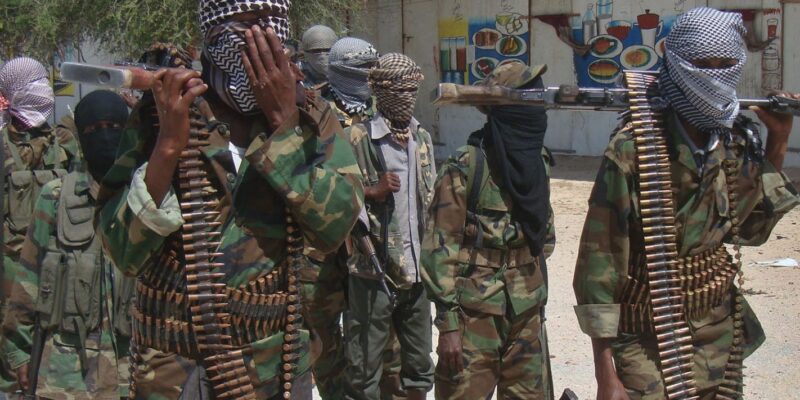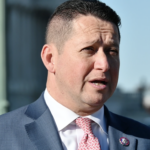As the United States celebrates Women’s History Month and International Women’s Day, women continue to be oppressed around the world.
On March 8th, 2020, a terrorist attack disrupted the Women’s Day March in the African nation of Cameroon. A first attack took place in Bamenda, which killed one person and injured seven other people.
A second attack took place in Galim city, which led to 8 people being killed including four law enforcement personnel.
Following these horrific terror attacks, the Cameroon government reiterated its commitment to achieving peace in the Anglophone regions and urged international partners to likewise condemn the attacks. Last year, President Biya hosted a national dialogue to bring resolution to the armed conflict, paving the way for a special session of Parliament which voted in December 2019 to decentralize power and give local governments more representation and control of their local districts.
The government has also invested in bilingual education resources, utilized its military and law enforcement to re-open schools previously closed due to violence, and provided necessary security forces to keep the peace during recent elections that had been long delayed as a result of separatist discord. The elections resulted in local mayors being elected for the first time, rather than appointed, and mark the beginning of stronger local government leadership, following the decentralization of power.
According to reports from the country, the attacks were organized by elements in Europe and the United States. Specifically, the accused are separatists in exile who wanted to use the violence to destabilize the government. And, included in the group is Tapang Ivo, who claimed responsibility for the attack after it took place.
The separatists have used kidnapping, extortion and extrajudicial violence to try to coerce persuasion for their cause, and this has even caused clergy to come out in force to criticize and condemn the violence.
In response, the government has taken measures to promote peace, hosting a national dialogue in 2019 and making an effort to turn over more power to provincial governments.
However, groups absent from condemning the attacks are the Human Rights Watch and Amnesty International. Their silence was pointed to by government officials as a sign of a double-standard: while they are quick to criticize the steps the government takes to secure peace, they are less eager to call the separatists and other violent actors out when they commit atrocities against civilians.
A Cameroonian political scientist was quoted telling the media, "We are astonished by the silence of national and international organizations in the defense of human rights whenever, in the context of the conflict in the northwest and southwest, there are attacks by secessionist armed groups.”
As the attacks continue and the proper response is debated, the world watches as human rights groups are not only called to respond but to also act on the injustices that are heard and felt around the globe.




